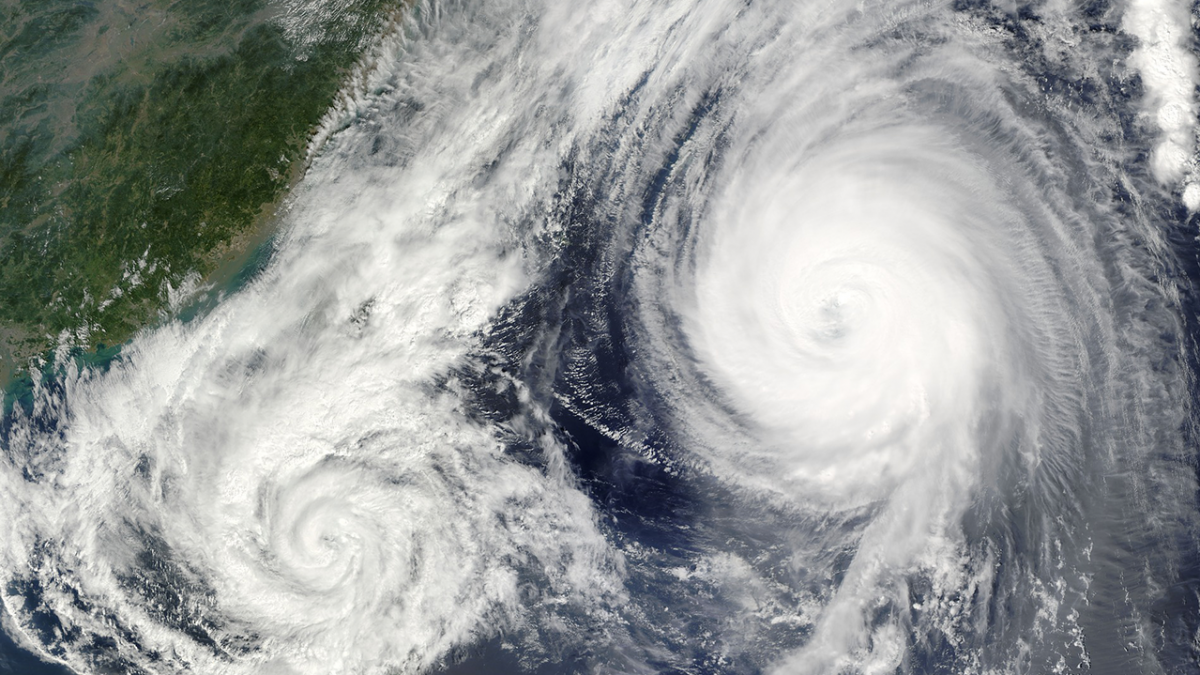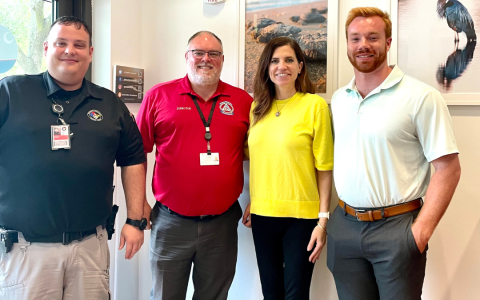Disaster Resources

It's absolutely vital to be prepared to take shelter from storms and flooding or to evacuate to safety each and every hurricane season. Without much warning, flash floods and hurricanes can take a turn for the worse and catch millions of people unaware and unprepared.
Below, please find links to local, state, and federal resources to guide Lowcountry residents in their preparation for any and every disaster.
In case of an emergency, ALWAYS call 911.
REMEMBER: Turn around, don't drown. Do not drive through flooded areas. It only takes as little as 6 inches of water for a car to get swept away.
If you have any further questions, please do not hesitate to call our offices.
Charleston: (843) 352-7572
Beaufort: (843) 521-2530
DC: (202) 225-3176
Resources
- The Official Website of South Carolina
- Latest Hurricane and Flooding Forecasts - NWS Charleston
- Hurricane Guide - South Carolina Emergency Management Division
- Latest Charleston Road Closures - City of Charleston
- Hurricane Preparedness Guide - Charleston County Emergency Management
- Avoiding Hurricane and Flood Damage - Charleston County Emergency Management
- How to build a disaster preparedness kit – Ready.gov
- Preparing for a flash flood - Department of Homeland Security
- Know Your Evacuation Zone – South Carolina Emergency Management Division
- 2025 South Carolina Hurricane Guide – South Carolina Emergency Management Division
- How to Prepare for a Hurricane – FEMA
- Weather Alerts - South Carolina Department of Natural Resources
- South Carolina Department of Insurance
- South Carolina Department of Transportation
- South Carolina Department of Public Safety
- South Carolina Department of Commerce
- Know Your Zones
Official South Carolina Emergency Management Division Website can be found here. - Report Power Outages
- Smartphone Apps for Emergencies
- SC Emergency Manager - App Store | Google Play
- Traffic Conditions from SCDOT - App Store | Google Play
- FEMA - App Store | Google Play
- Key Social Media to Follow
- Lowcountry
- Charleston County
- Beaufort County
- Colleton County
- Berkeley County
- Dorchester County
- National Resources
- National Hurricane Center
- www.nhc.noaa.gov
- @NWSNHC
- American Red Cross
- www.redcross.org
- @RedCross
- @RedCrossSC
- National Hurricane Center
- Alert Resources
- SCEMD Emergency Alerts
- Mount Pleasant Alert Center Subscription Page
- Charleston Alert Center
- Sullivan's Island Storm Warning System
- Charleston County Citizen Alert Notification System
- Folly Beach Emergency Notification
- Beaufort County Email Alerts
- Hilton Head Island Email Alerts
- Berkeley County
- Hanahan Email Alerts
- Goose Creek Email Alerts
- North Charleston Emergency Alerts
- Kiawah
- Edisto Beach
- Seabrook Island
- Summerville
SOUTH CAROLINA LIVE RADAR:
ICYMI:

Hurricane Awareness Tour with the National Weather Service, NOAA:
Our office participated in an essential Hurricane Awareness Tour alongside the National Weather Service, NOAA, and Governor McMaster's team. This invaluable experience provided crucial insights into the complex systems and dedicated professionals working tirelessly to keep South Carolinians safe during severe weather events.
We learned about advancements in hurricane tracking, the importance of early warning systems, and how local, state, and federal agencies coordinate to ensure public safety. This knowledge is vital as we work to strengthen our district's resilience and preparedness. Remember, staying informed and having a solid evacuation plan can make all the difference when a storm approaches our beautiful Lowcountry coastline.

Dorchester and Berkeley County Emergency Management
Great start to the week meeting with Dorchester and Berkeley County Emergency Management teams. These dedicated professionals work tirelessly to ensure our communities are prepared for any potential disasters, from severe storms to hurricanes. We discussed a storm that hit Summerville and strategies for the Lowcountry to prepare for the upcoming hurricane season. Our emergency management departments play a crucial role in coordinating comprehensive disaster response plans, managing resources, and implementing training programs to keep our region safe. These emergency organizations develop and maintain emergency operations plans to coordinating volunteer efforts and serving as liaisons for unincorporated area fire departments. They're also at the forefront of implementing the National Incident Management System for efficient disaster response.